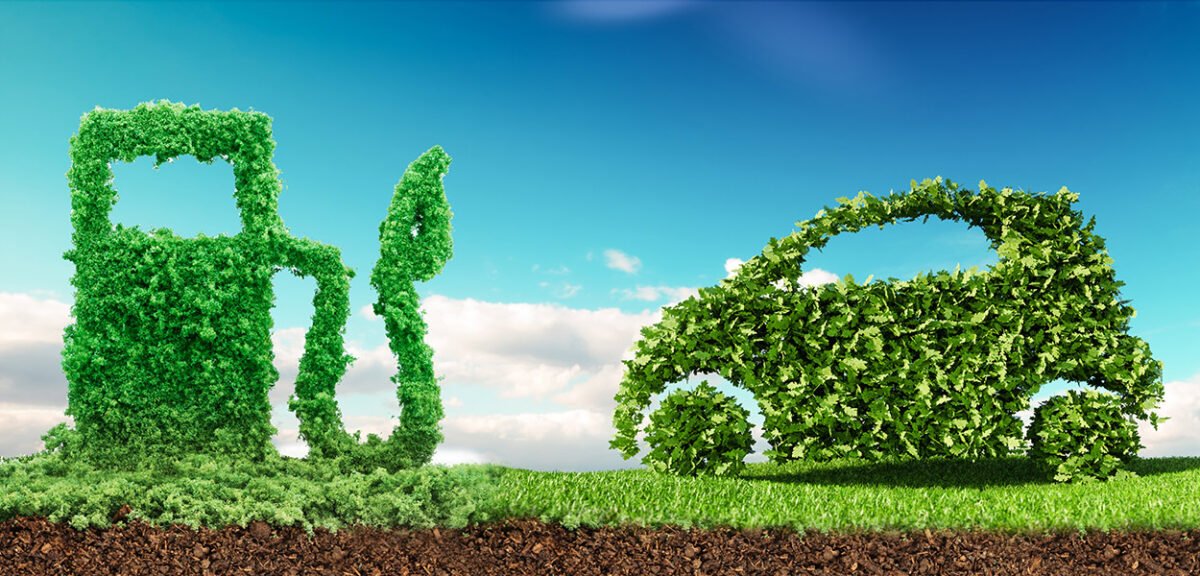Methane fighting start-up CH4 raises $29Mn in series B funding
CH4 Global will meet the growing global demand for enteric methane mitigation solutions in animal agriculture
CH4 Global, Inc., a climate tech company on the path to radically reducing GHG emissions in animal agriculture, announced it has raised $29 million in Series B funding. The company will use the funds to build and validate the CH4 Global EcoPark, an aquaculture and production facility that will make CH4 Global’s signature product, Methane Tamer, at scale.
This round, led by DCVC, DCVC Bio, and Cleveland Avenue – with participation from other investors with a strong interest in climate change – brings the total raised to date to nearly $47 million. It also underscores market demand for safe, viable solutions to vastly reduce enteric methane from ruminant livestock.
When added to cattle feed, Methane Tamer—which uses red seaweed (Asparagopsis)—reduces the animal’s methane emissions by up to 90% while also reducing the feed energy lost to methane emissions. With the development of its CH4 Global EcoPark, the company is poised for expansion in key markets and with key partners throughout all six inhabitable continents.
This is a key development in the fight against climate change. The 1.5 billion cows on the planet produce more than 150 million tons of methane annually — the largest single source of methane globally. At more than 12 billion tons CO2-e per year (at an average of 100 kg methane/cow), this is a larger GHG output than from the US, the EU, and India combined. Moreover, the UN cites methane as over 80 times more impactful than CO2 on global warming over the next 20 years.
“We are receiving massive interest from governments, food producers and farmers of all sizes, fueling our sense of urgency that we must act now to avoid a climate tipping point. The pressure is on with new regulations and the desire to produce at a measurably lower impact. What we’ve developed at CH4 Global is what we call a CH4 Global EcoPark, which enables low-cost growth and processing of Asparagosis.” said Steve Meller, PhD, co-founder and CEO, of CH4 Global. “We are formulating our unique feed supplement product, Methane Tamer, to meet the specific needs of each cattle market segment, starting with feedlot operations, beef and dairy, as well as for grazing dairies. Eventually, we will also formulate for remote and generally unattended cattle around the world.”
“CH4 Global’s secret sauce is its product, plain and simple: the feed additive it has expertly formulated stands apart from other seaweed-based offerings,” said John Hamer PhD, Managing Partner at DCVC Bio and a member of the CH4 Global board of directors. “DCVC Bio is thrilled to back Steve and his exceptional team: they are ready to scale up a critical solution to climate change.”
CH4 Global will meet the growing global



